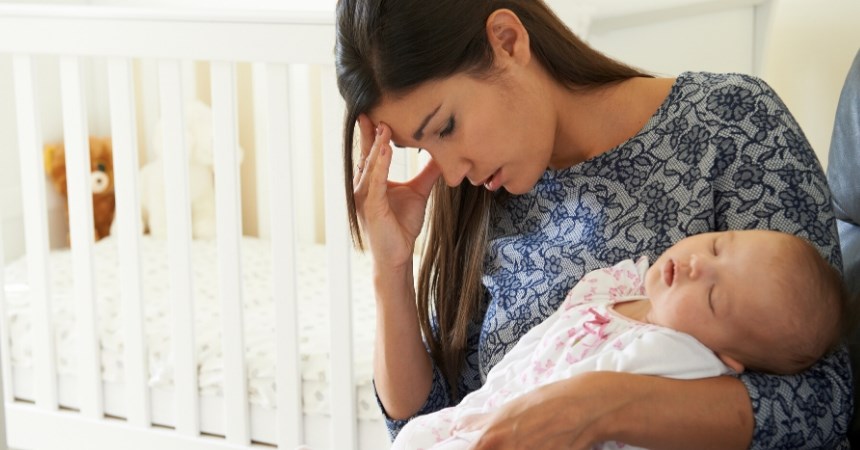Having a baby can be the most miraculous event of your life. But what happens when that miracle is followed by depression and anxiety?
YOU ARE NOT ALONE.
As many as 1 in 8 women experience depression after having a child. It can cause serious symptoms, including the inability to fully care for yourself or your newborn child.
During this busy time, you may be doing everything from choosing a car seat and reading baby books to prepare your home for a new baby. Feeling restless, overly anxious, or overwhelmed about what’s to come can be expected. However, these can also be signs of Postpartum Depression (PPD) and are sometimes mistaken for the experiences of new motherhood. That’s why it’s so important to learn the signs and symptoms of PPD.
Symptoms of Depression in New Mothers
At first, symptoms of PPD may seem similar to those experienced by most new moms, such as changes in mood, sleep patterns, and anxiety levels or difficulty managing anxiety. If it’s PPD, many of these symptoms last longer than two weeks.
Emotional
- Feeling sad, hopeless, empty, or overwhelmed
- Crying more often than usual for no apparent reason
- Feeling worried or overly anxious
- Moodiness, restlessness, or irritability
- Anger or rage
- Persistent doubt about your ability to care for your baby
- Thoughts of harming yourself or your baby
Physical
- Physical aches and pains
- Changes in appetite
- Lack of sleep or oversleeping
- Difficulty concentrating
Behavioral
- Loss of interest in things that are usually enjoyable
- Avoiding friends and family
- Having trouble bonding or forming an emotional attachment with your baby
Biological and Environmental Factors
PPD can happen to anyone, regardless of age, ethnicity, marital status, number of children, or income. Many women wonder why this happened to them. It’s important to remember that postpartum depression is not your fault; and in fact, it is one of the most common medical complications during and after pregnancy. While it’s cause is not fully understood, the following facts are important:
Research shows that biological and environmental factors may be associated with PPD such as:
- Family or personal history of depression
- Increased stressors
- Hormone changes related to pregnancy
These are some of the factors that can contribute to PPD, but there are others. That is why it’s important to remember that PPD can happen to anyone.
Remember to take care of yourself first. During this very important time in your life, EACH DAY MATTERS. Of course, you want to be there for your baby—but that’s why it’s so important to take care of yourself too!
Postpartum depression is a treatable condition. You don’t have to push through it. If you think you may be suffering from PPD, talk to your doctor as soon as possible and/or consider seeing an outpatient mental health therapist. You are not alone, and it can get better!
Additional Resources:
- Understanding Symptoms & Causes of Postpartum Depression (podcast episode)


